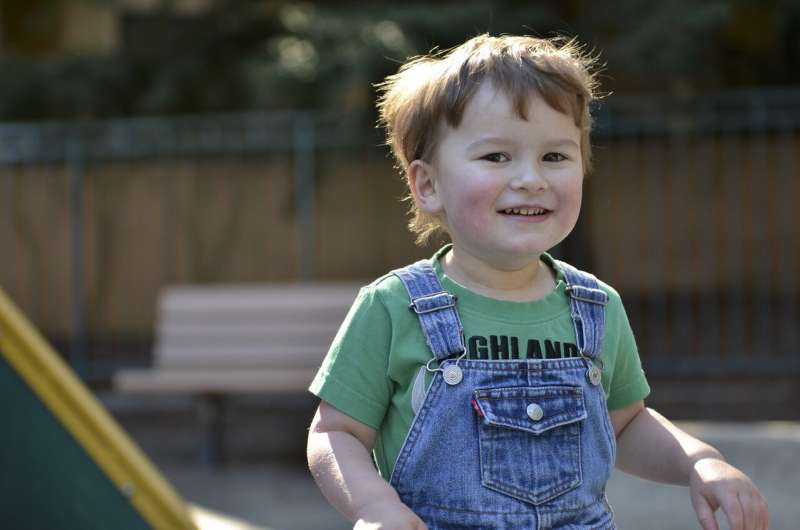Young people with autism improved their communication with their families during lockdown

The period with the strictest lockdown conditions and quarantining posed additional problems for young people with autism spectrum disorder (ASD) and their families, given that their routines were suddenly disrupted. Routines form an essential aspect of their everyday life and life structure. However, their response and adaptation to this new situation was better than expected in aspects like communication and interaction with their families.
A study conducted by researchers from the Universitat Oberta de Catalunya, the University of Perugia and the ABAULA Occupational Therapy and Child and Adolescent Psychology Centre in Girona studied the behavior of young people who suffer autism spectrum disorder during the strictest lockdown period (March, April, May and June 2020) to lay the foundations for future support more in line with their actual needs.
According to the authors of the study, most of the families that participated in the study observed a change in the emotional state of their child with ASD. Specifically, parents stressed that during lockdown their children were happier, calmer and more placid than they were before it. To a great extent, they benefitted from the increase in the amount of time they spent with their families and the routines they adopted.
“Families stressed that children and adolescents with ASD adapted to the situation much better than they expected. In fact, following an initial period of complexity, they improved in aspects such as communication, relationships and emotional responses and they even participated more often in routines proposed by their families,” highlighted Cristina Mumbardó Adam, an affiliated member of the UOC’s Cognition and Language Research Group (GRECIL), a Disability and Quality of Life: Educational Aspects (DISQUAVI) researcher and the lead author of this study.
In this sense, the authors relate that, in the European context, normal working hours do not necessarily make it easy for families to spend more quality time with their children, given that long working days make it hard to strike a work-life balance. However, the timetable flexibility brought in with the pandemic has provided families with more time to look after, grow with, teach and make progress with their children.
Care and technological support
In spite of these results, families with these children in their care also stressed that they suffered greater difficulties at the start of the quarantine. This was not just due to the disruption of their habits, but also because their care and educational resources were not prepared for this new situation.
“Families lamented the lack of support from their schools, which, like all schools, had to reorganize, which took some time to achieve. However, families did highly appreciate having more time to spend with their children, to get to know them better and be able to broaden their range of interests,” highlighted Mumbardó. The expert also stated that education centers and professionals “did everything they could during the quarantine to reach all their students” although the situation has shown that “it is clear that new measures are necessary to face such challenges.”
Moreover, the experts also assessed the adaptation and response of youth with ASD to processes they were less familiar with, such as the use of new technologies to stay in contact, especially video calls.
They found that these youngsters also respond well to new remote communication channels. For example, seeing their family members, teachers and friends on video calls made during lockdown increased their well-being and calmness.
“Technology was of great help and although sometimes they did not know how to use these new means of communicating with someone, just being able to see a grandparent, classmates and other family members made them happier and calmer,” said the researcher.
However, the authors point out that due to the variability of symptoms associated with ASD, the results are applicable to these families, but not necessarily to other family units.
Lack of social understanding
Additionally, the quarantine and lockdown situation also highlighted the lack of social understanding suffered by people with autism spectrum disorder and their families. This situation was especially evident at the specific times during the pandemic when the social groups with the greatest difficulties were allowed to go outside.
In this context, some families were rebuked by their neighbors for apparently not respecting the lockdown and they were unwilling to stigmatize their children by making them wear items like blue scarves as a means of identification. “This unpleasant situation was experienced by a lot of people who had the right to go outside because they needed to and it was very hard on many families,” stated Mumbardó.
Finally, the experts explained that future research in this area must focus on benefits and the development of policies to ensure the well-being and academic performance of children with ASD who attend inclusive schools.
Source: Read Full Article
